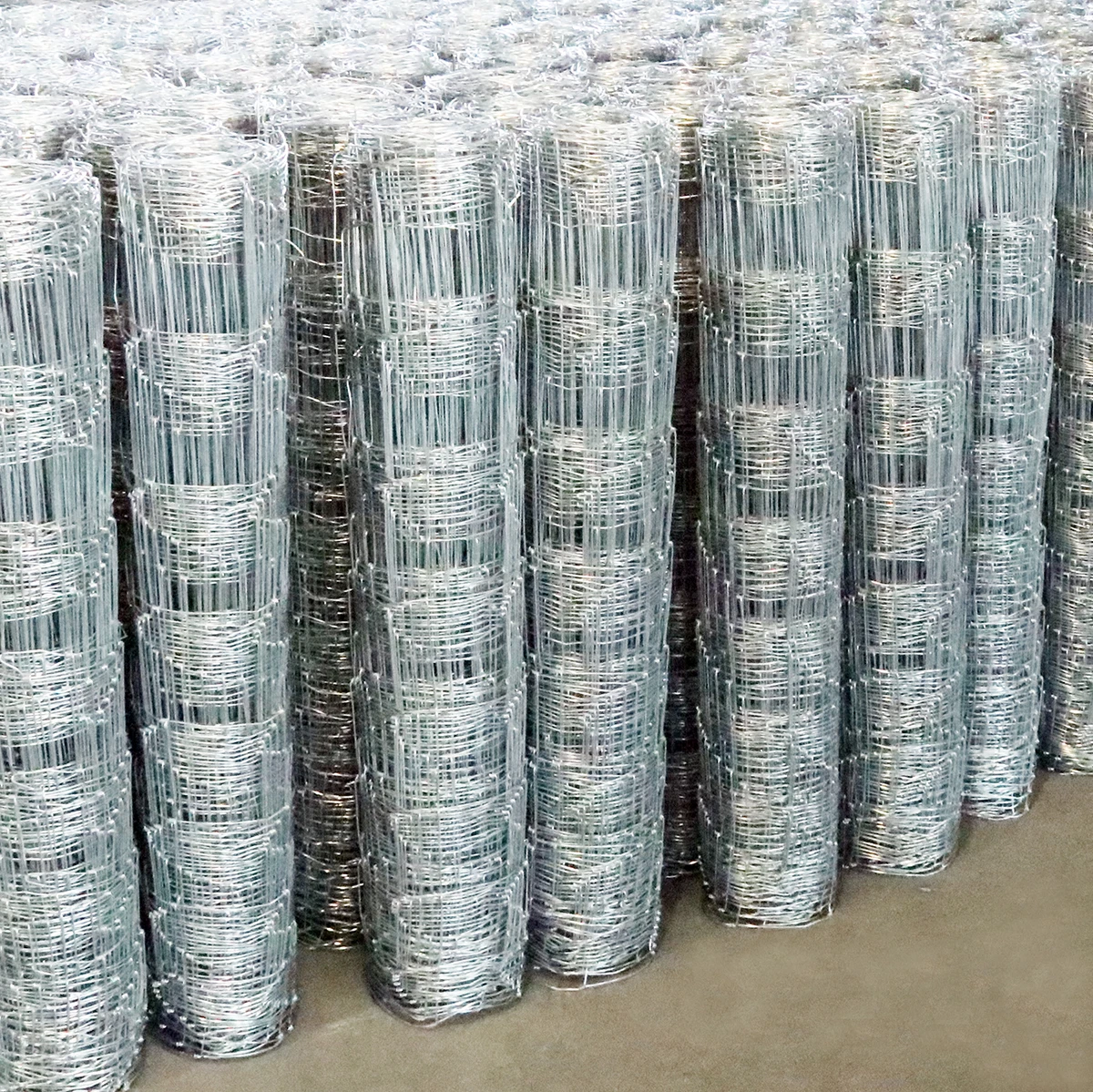Different Types of Nails Used in Construction and Their Applications
11 月 . 19, 2024 11:47
Types of Nails for Building
In the world of construction and carpentry, nails play a pivotal role as one of the most fundamental fasteners. While many may overlook their significance, the type of nail used can greatly influence the strength, durability, and overall quality of a building project. Understanding the different types of nails and their specific applications is essential for anyone involved in building or renovation. This article will explore the various types of nails commonly used in construction and their specific purposes.
1. Common Nails
Common nails are perhaps the most widely recognized type of nail. They are characterized by their smooth shank and flat head. These nails are primarily used in framing, construction of wooden structures, and general construction tasks. Their broad head allows for excellent holding power, making them ideal for structural applications. However, they are not suitable for use in areas that require fine finishing, as they can leave noticeable marks.
2. Finish Nails
Finish nails are smaller in diameter than common nails and have a slight head that can be easily concealed. These nails are designed for trim work, cabinetry, and other applications where a clean finish is essential. Their small size and precision allow them to be driven into the wood without splitting it, making them a popular choice for delicate tasks. Finish nails can also be painted or stained to match the surrounding material, enhancing the aesthetic appeal of the project.
Roofing nails are specifically designed for use in roofing applications. They have a wider head than common nails, which helps secure roofing materials, such as shingles and felt. Roofing nails are often galvanized to prevent rust and corrosion, ensuring the longevity of the roofing system. The unique design allows for effective water drainage, minimizing the risk of leaks. Furthermore, some roofing nails come with rubber washers that create a watertight seal, providing additional protection against moisture.
types of nails for building

4. Brad Nails
Brad nails are even smaller than finish nails and have a very thin gauge. They are primarily used for lightweight applications, such as attaching trim, moldings, and smaller pieces of wood. Brad nailers, which are pneumatic tools designed to shoot brad nails, make the process quick and efficient. The tiny size of brad nails ensures minimal splitting and damage to the material being joined, making them ideal for intricate woodworking projects.
5. Box Nails
Box nails are similar to common nails but are thinner and have a smaller diameter. They are typically used for lighter applications, such as assembling boxes and crates, hence their name. The thinner shank reduces the risk of splitting the wood, making them suitable for lighter materials. Box nails also have a sharp point for easy penetration into the wood, enhancing their versatility in various projects.
6. Spiral and Ring Shank Nails
Spiral and ring shank nails are designed for applications that require additional holding power. The spiral or ringed shank creates more friction with the material, making them ideal for structural use, such as in framing or decking. These nails are particularly useful in areas exposed to outdoor conditions, as they can resist withdrawal due to wind or vibration. They are commonly used in building decks, fences, and wooden structures that must withstand significant stress.
Conclusion
Choosing the right type of nail is crucial in any building project. Each type of nail has its unique properties and applications, which can significantly affect the project's quality and longevity. By understanding the various types of nails available, builders can make informed decisions that enhance both the structural integrity and aesthetic appeal of their work. Whether it's a simple DIY project or a major construction endeavor, the right nails can make all the difference.









 Unity
Unity Creation
Creation Challenge
Challenge Contribution
Contribution










